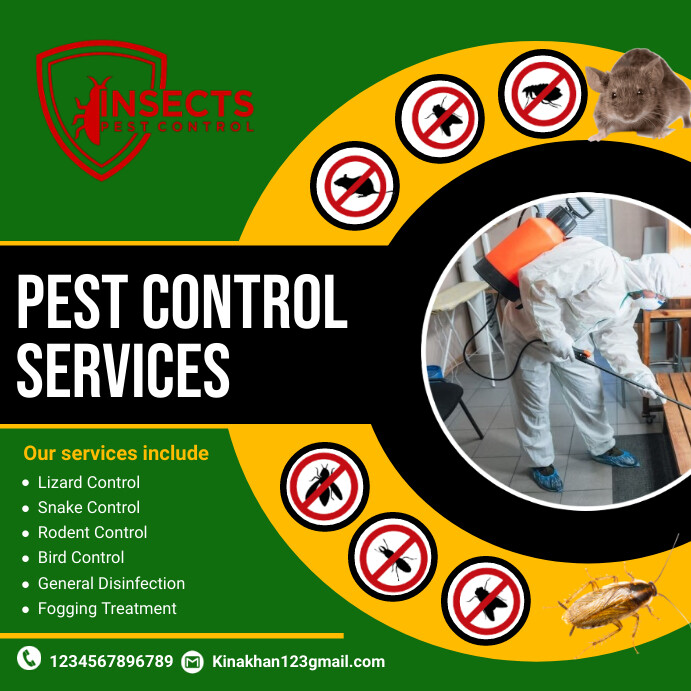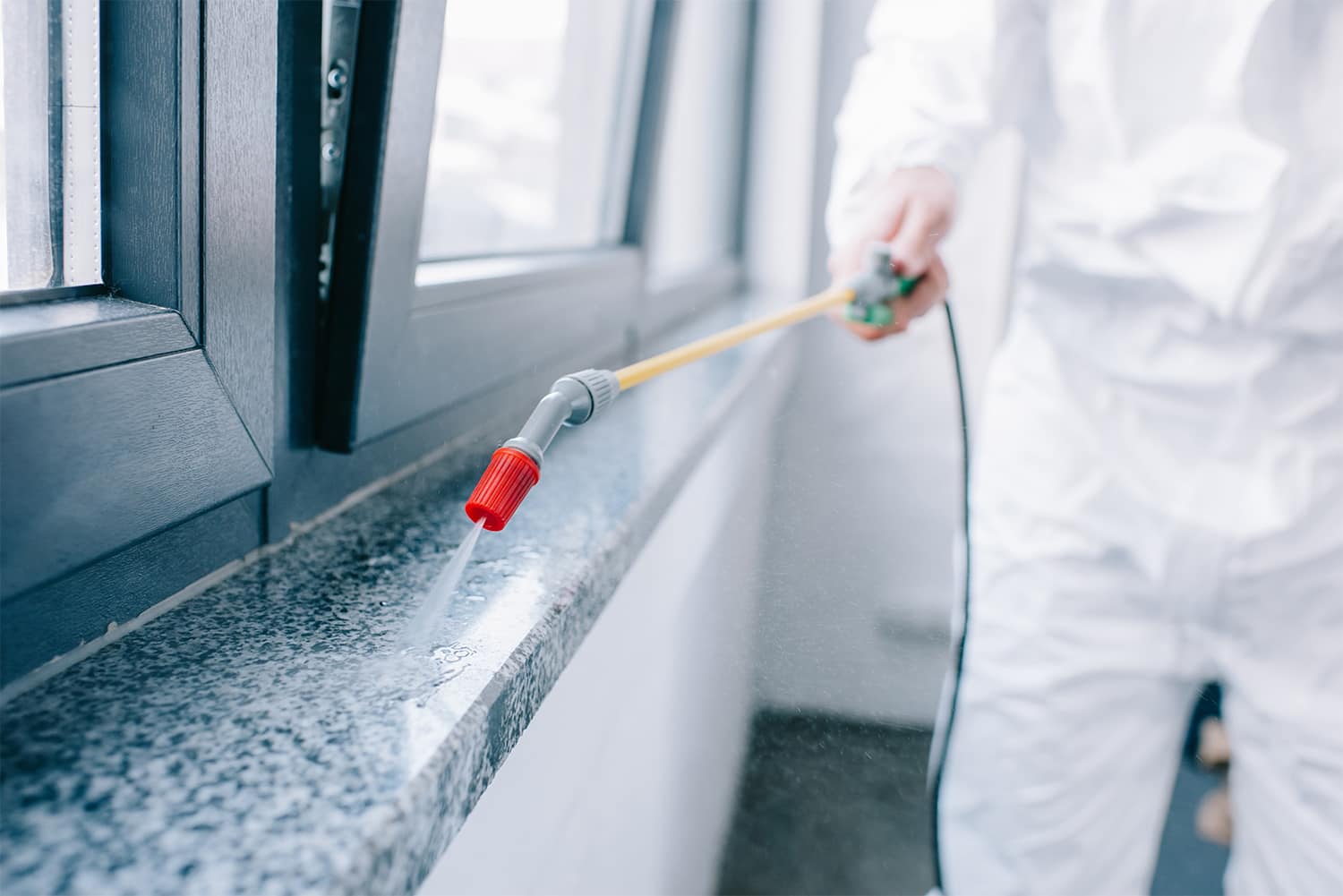Reliable Pest Control Auckland Providers: Your Remedy to a Pest-Free Home
Reliable Pest Control Auckland Providers: Your Remedy to a Pest-Free Home
Blog Article
Recognizing Various Kinds Of Pest Control Approaches and Their Performance
When considering parasite control methods, it is necessary to comprehend the diverse strategies available and their varying levels of effectiveness. By discovering the nuances of these bug control methods, an extensive understanding of exactly how to attend to pest concerns can be developed.
Chemical Bug Control Techniques
Chemical parasite control methods play a pivotal role in effectively taking care of and getting rid of pest invasions in different atmospheres. These approaches involve making use of chemical compounds to get rid of or discourage pests such as rodents, pests, and weeds. One of the essential advantages of chemical insect control is its ability to give quick and targeted options to pest issues. By making use of details chemicals that are developed to target certain bugs, this method can assist stop damages to crops, frameworks, and human health.
Nonetheless, it is necessary to take into consideration the potential dangers and disadvantages associated with chemical insect control approaches. Overreliance on chemicals can lead to the development of chemical resistance in pests, making them harder to control in the future. Additionally, using certain chemicals can have damaging effects on non-target microorganisms, the environment, and human health otherwise applied properly.

Organic Bug Control Approaches
Making use of all-natural killers and microorganisms to take care of insect populaces efficiently, biological parasite control methods offer a sustainable and eco-friendly approach to pest management. By presenting or promoting the task of microorganisms that normally victimize or contaminate insects, such as ladybugs for aphid control or specific microorganisms for caterpillar invasions, organic control can help maintain insect populations at workable levels without the demand for artificial chemicals. This method is specifically useful for chemical-free farming practices, as it stays clear of the use of potentially damaging compounds while keeping plant wellness.

Physical Bug Control Methods
While organic insect control techniques concentrate on using natural killers and pathogens, physical insect control approaches utilize mechanical and physical barriers to manage pest populations. These approaches are commonly taken into consideration eco-friendly as they lessen making use of chemicals. Physical insect control includes techniques such as capturing, utilizing barriers like displays or internet, and literally getting rid of parasites from the location.
Catches are commonly utilized in Visit This Link physical bug control to record and remove insects like bugs and rodents. Another physical method is the usage of barriers such as screens, internet, or fences to protect against parasites from going into or infesting particular areas.
All-natural Insect Control Techniques
Incorporating plant-based repellents and all-natural killers is an essential method in implementing effective natural insect control techniques. By motivating the existence of advantageous pests like ladybugs, lacewings, or predatory termites, garden enthusiasts can naturally manage pest populations. These killers eat usual yard parasites such as caterpillars, mites, and aphids, assisting to maintain a well balanced ecological community without the demand for chemical interventions.

Moreover, applying cultural techniques such as crop turning, companion growing, and preserving correct plant health and wellness can additionally enhance see this site the performance of all-natural insect control techniques. These methods not only assist in protecting against parasite infestations but also advertise biodiversity and total community strength. By integrating these natural methods, people can effectively manage bugs while minimizing ecological effect.
Integrated Bug Monitoring (IPM) Technique
Applying an Integrated Parasite Monitoring (IPM) technique is crucial for properly controlling insect populations while minimizing dependence on chemical pesticides. IPM is a detailed and sustainable approach that incorporates different bug control approaches to achieve long-lasting services. This approach concentrates on control, surveillance, and prevention to resolve parasite problems in an eco-friendly fashion.
IPM integrates biological, social, physical, and mechanical techniques with the calculated and restricted use pesticides when needed. By emphasizing aggressive actions such as environment alteration, biological control, and exclusion, IPM intends to lower bug populaces and their effect on the environment. Regular tracking is vital in IPM to evaluate insect degrees precisely and identify the most suitable control approaches.
One of the crucial benefits of IPM is its ability to decrease the risks connected with extreme chemical usage, such as environmental contamination and harm to non-target microorganisms. Furthermore, IPM promotes a more alternative strategy to pest management by taking into consideration the general ecological community Clicking Here dynamics. In general, the IPM technique provides a sustainable and effective solution for parasite control while promoting environmental duty.
Conclusion
In final thought, understanding the various types of bug control approaches and their efficiency is critical in efficiently handling bug invasions. Integrated Insect Management (IPM) approach, which integrates various approaches for lasting insect control, is increasingly being acknowledged as a alternative and environmentally friendly option.
Chemical bug control techniques play a pivotal duty in successfully handling and eliminating pest infestations in numerous environments.Using all-natural killers and pathogens to take care of parasite populaces effectively, organic pest control methods use a eco-friendly and sustainable method to pest management. By advertising the task or introducing of microorganisms that normally prey on or infect bugs, such as ladybugs for aphid control or certain bacteria for caterpillar infestations, organic control can aid keep pest populaces at manageable degrees without the requirement for synthetic chemicals.While organic parasite control methods focus on harnessing all-natural killers and microorganisms, physical insect control methods use physical and mechanical obstacles to manage insect populations. Integrated Insect Monitoring (IPM) method, which integrates different methods for sustainable pest control, is significantly being recognized as a holistic and eco pleasant option.
Report this page